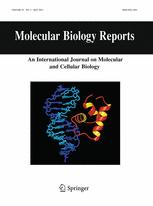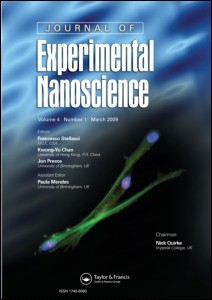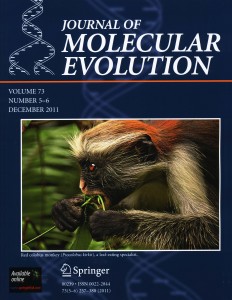 Authors from Xinxiang Medical University in Weihui, China, are retracting a 2014 paper in Molecular Biology Reports because… well, because lots of things.
Authors from Xinxiang Medical University in Weihui, China, are retracting a 2014 paper in Molecular Biology Reports because… well, because lots of things.
The researchers exposed nine rats to acute levels of alcohol then compared them to unexposed mice rats, noting differences in gene expression and molecular pathways.
But no one is toasting these findings anymore. Here are the details behind the retraction, courtesy of the notice:
Continue reading Drunk rats paper wasted by “significant statistical errors”, among other issues








